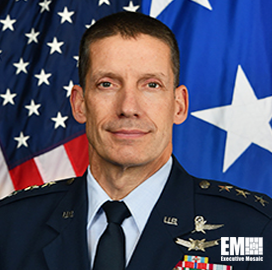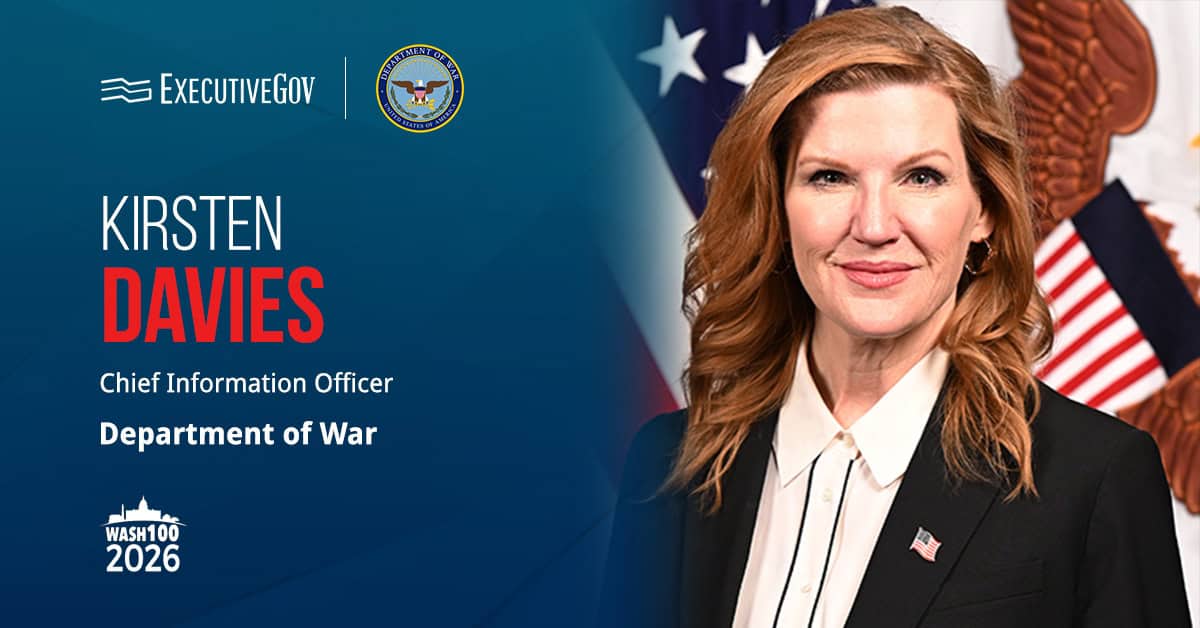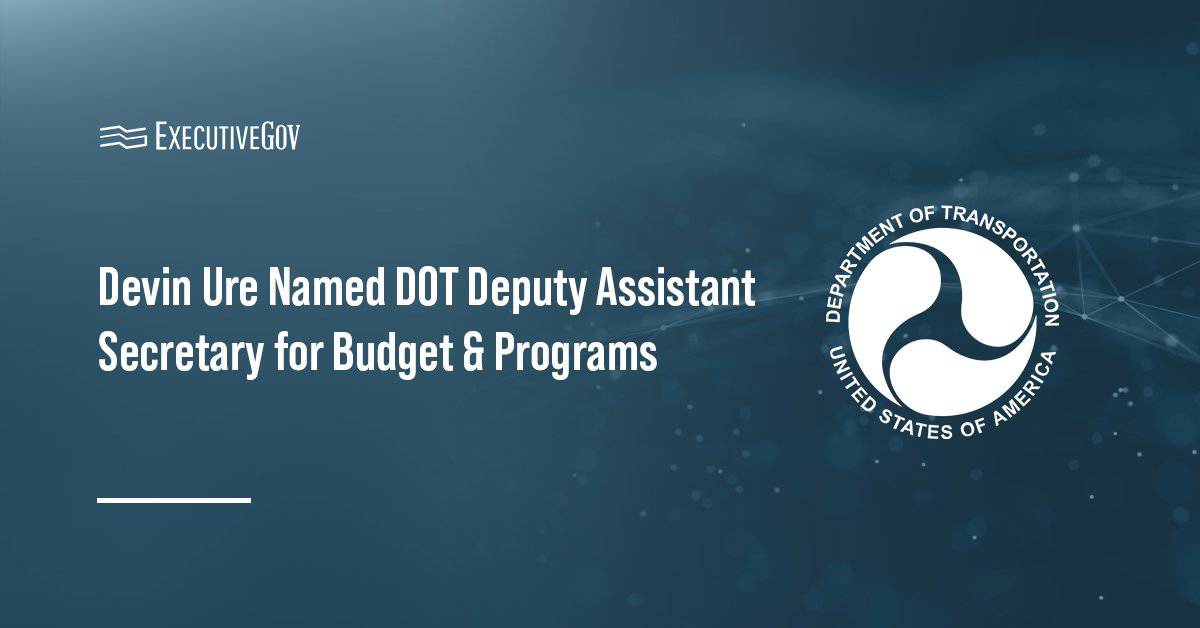U.S. Air Force Lt. Gen. Robert Skinner, director of the Defense Information Systems Agency (DISA), said he is in favor of outsourcing information technology services to commercial vendors to achieve cost savings, C4ISRNET reported Friday.
“I’m a big proponent of commercial IT as a service,” Skinner said Friday at the AFCEA Rocky Mountain Cyberspace Symposium. “We have to be careful as we kind of move forward with this. … I think we really need to get after this in a more holistic look and a faster pace.”
He said the military should take advantage of commercial technologies and advance the adoption of robotic process automation.
“How do we leverage the robotic process automation — bringing that into the fold with the combatant commands — to, I’ll say, take care of the irritants, so that the focus can really be on the command and control, the forces, getting after strategic competition in their area of responsibility,” Skinner said.





